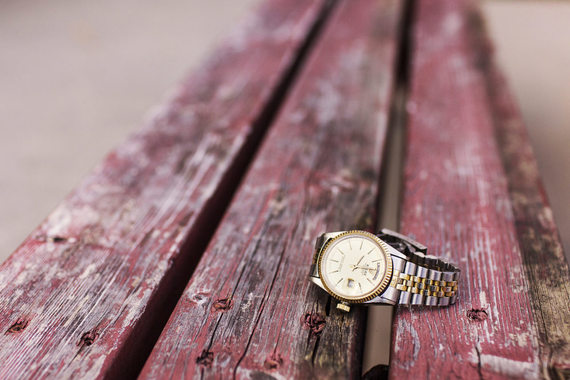By Stephanie DeRosa
It's official: Labor Day weekend has come and gone, and with it the whirlwind summer days of traveling and blurry nights tinged with margarita memories. But even though you're curled up in bed at a responsible hour, your body refuses to co-operate. We've all been there: between flying back into a different time zone and immediately switching to an early morning work schedule, your jet-lagged internal clock just doesn't know how to stop running on vacation time. Luckily, Travelle knows exactly what you need to do to go from restless nights to sleeping like a baby as soon as your head hits the pillow.
You Snooze, You Lose
It's rough running on only four hours of sleep, but no matter how tired you get during the day, don't nap. Napping now means lying in bed for ages later without a single yawn. When you're trying to change your sleep cycle, it's important to limit your rest to the 6 or 7 hours you plan on getting each night. Avoiding naps will help you adjust to your new sleep schedule faster, which means you can spend less time feeling groggy and unproductive after lunch.
Cut Out Caffeine
We know you can't function without coffee, and that's ok. You don't have to cut it out altogether, just refrain from having caffeinated drinks in the afternoon and evening hours. This will give your body time to get the caffeine out of your system so you're not still wired at midnight.
Play With Light
The amount of light you're exposed to will make all the difference when it comes to changing your sleep cycle. Trick your body into thinking it's time to get some shut eye regardless of the actual hour by keeping your bedroom as dark as possible. Similarly, an extra bright room will tell your body it's time to wake up.
Gadgets are No-Go's
This is another tough one, but gadgets should be put away at least 30 minutes before bed. Looking at your phone, laptop or even watching TV before closing your eyes is disruptive to your sleep cycle. Make the effort to avoid lighting up your face with electronics at night and you'll sleep better for it.
Develop an Evening Routine
Easing into a good, relaxing evening routine will help condition your mind and body to its new schedule. Find a routine that's effortless to maintain and stick with it. Whether it's having some herbal tea in the evening, soaking in a bath to unwind, or shutting down the laptop an hour before you curl up, these nightly cues will let your body know it's time for bed.
Sleep Peacefully
Try a doctor approved dose of melatonin as a natural sleep aid or wearing an eye mask and using good quality earplugs. Blocking out distracting lights and sounds will help your body focus on one thing only: sleep.
Only Do One Thing In Bed...
Sleep! When you watch movies, read books, or work from the comfort of your bed, your body associates those things with it, too. So if the action doesn't require closing your eyes and drifting off to dreamland, don't do it in bed. When the mind only associates the bedroom with sleeping, you'll automatically think of getting a goodnight's rest no matter what time it is. If it's a long flight that has your sleep cycle out of whack, find out how to power through the jet lag and get your sleep cycle back to normal in no time.
See more at: http://www.travelle.co/
